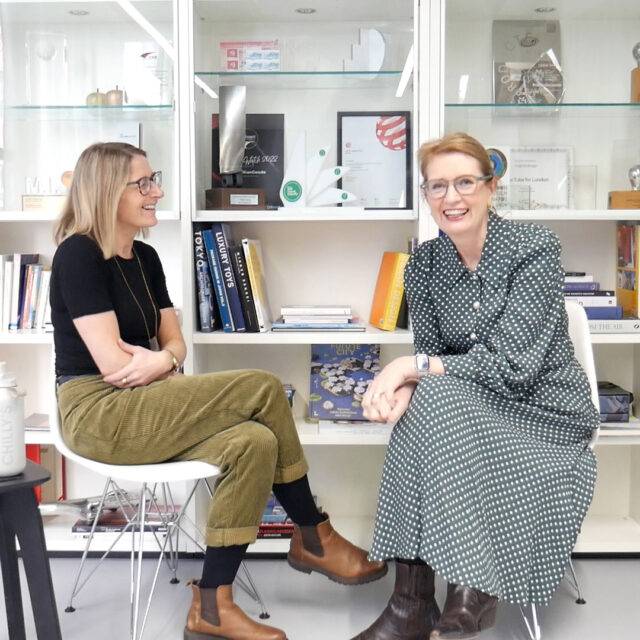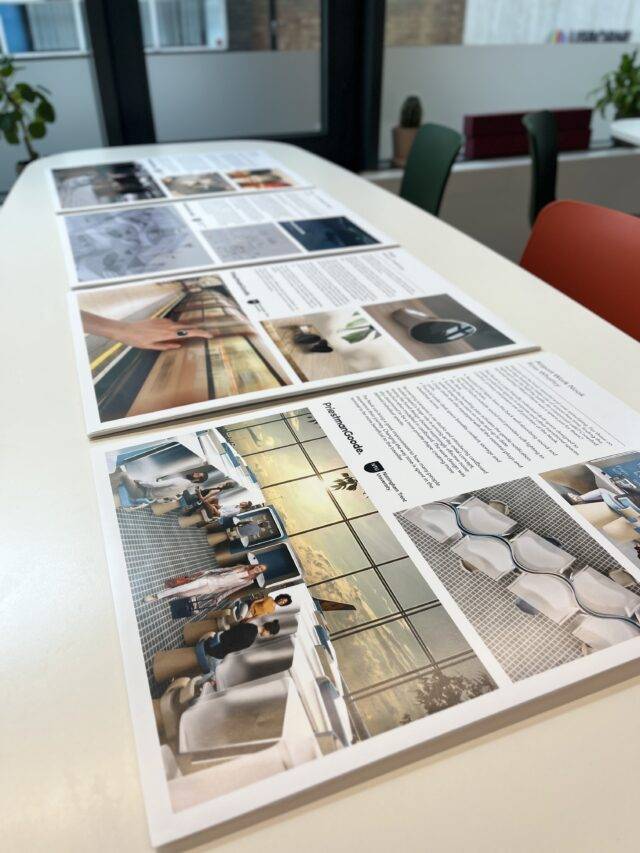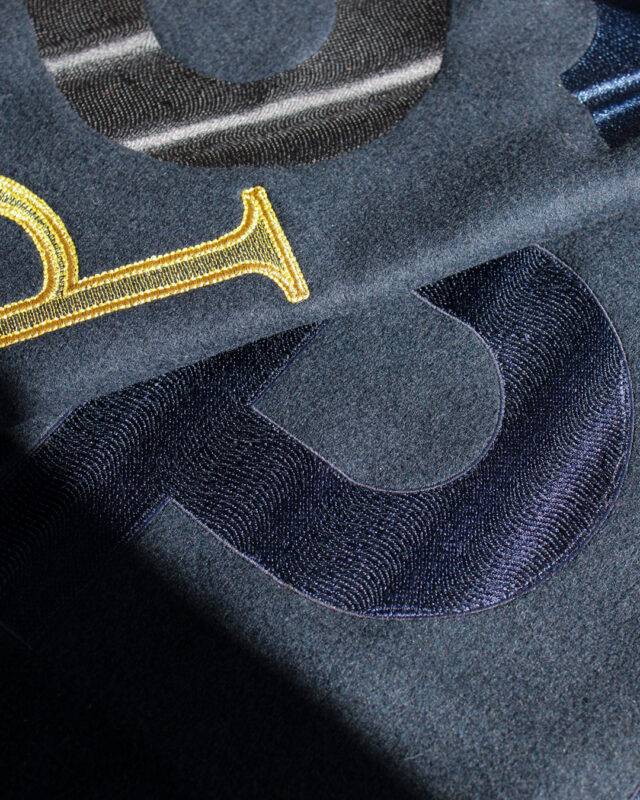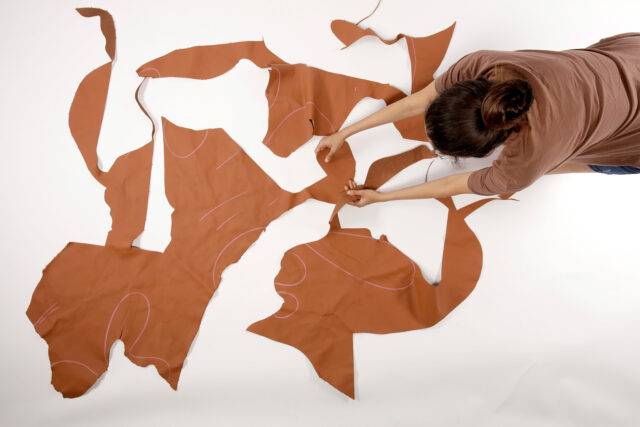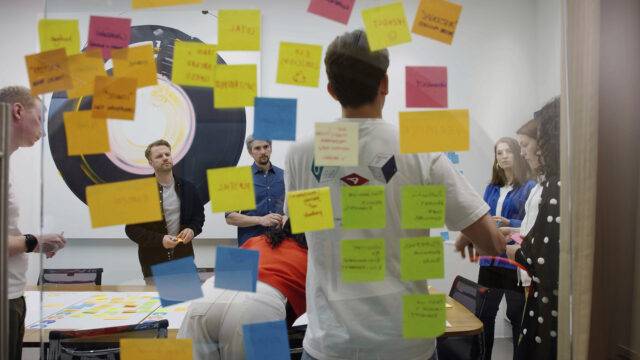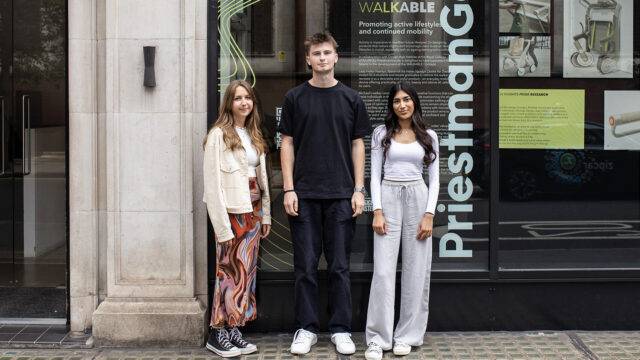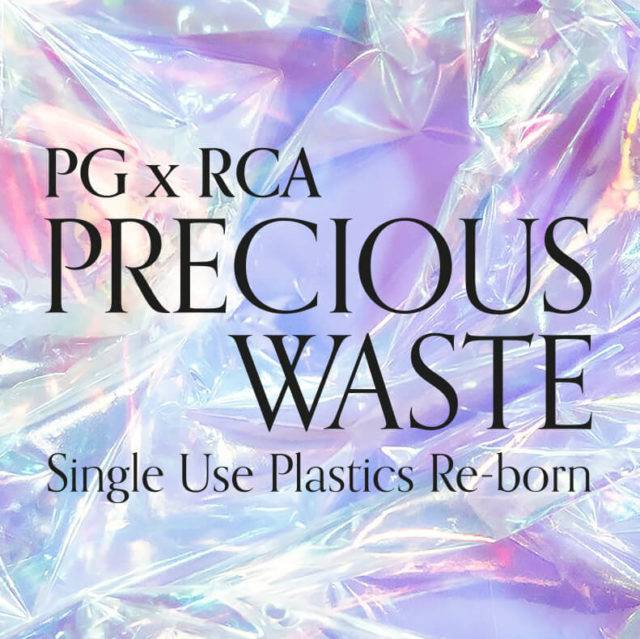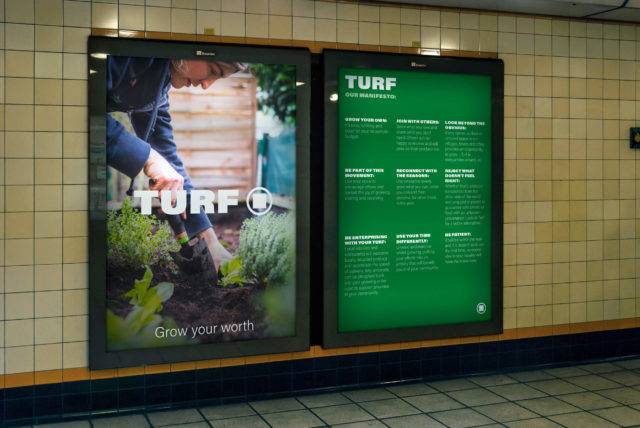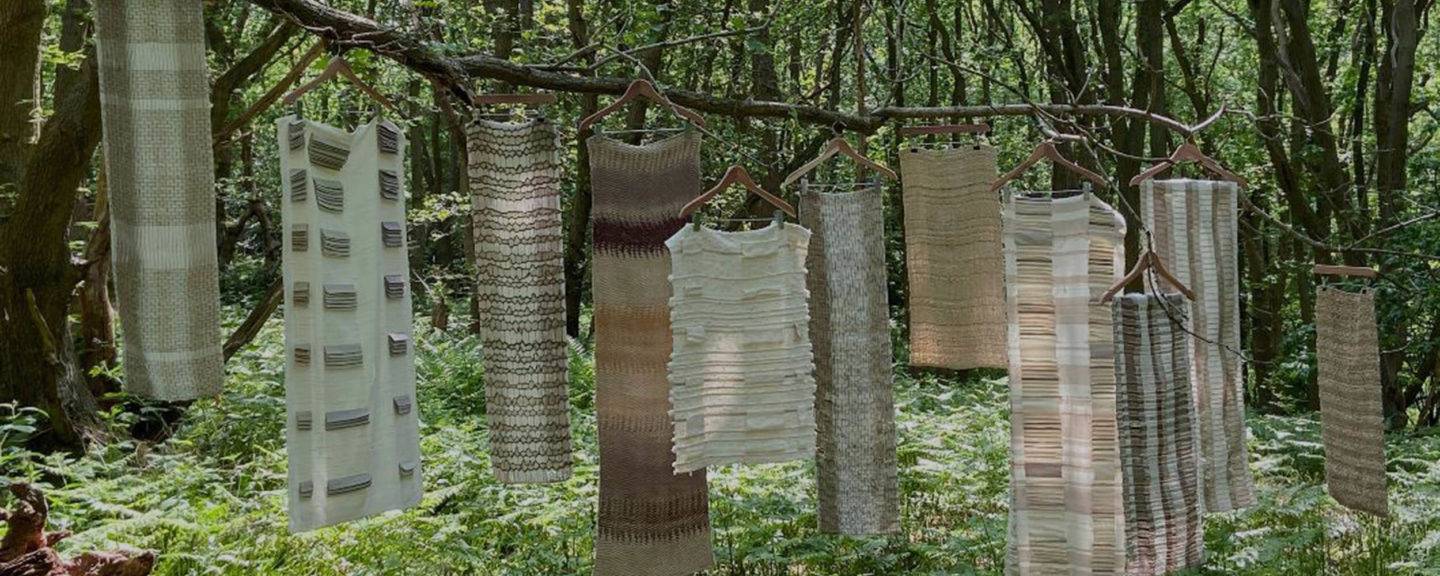
Supporting the future of sustainable design with Green Grads
PG has a long history of supporting emerging designers as well as advocating for sustainable design solutions. We were delighted to be invited to sponsor Green Grads at Planted during the London Design Festival 2021. The exhibition showcased the work of 20 graduates from 2020 and 2021 whose practice focus on sustainable and circular design solutions. The following is a guest post by its curator and design writer Barbara Chandler.
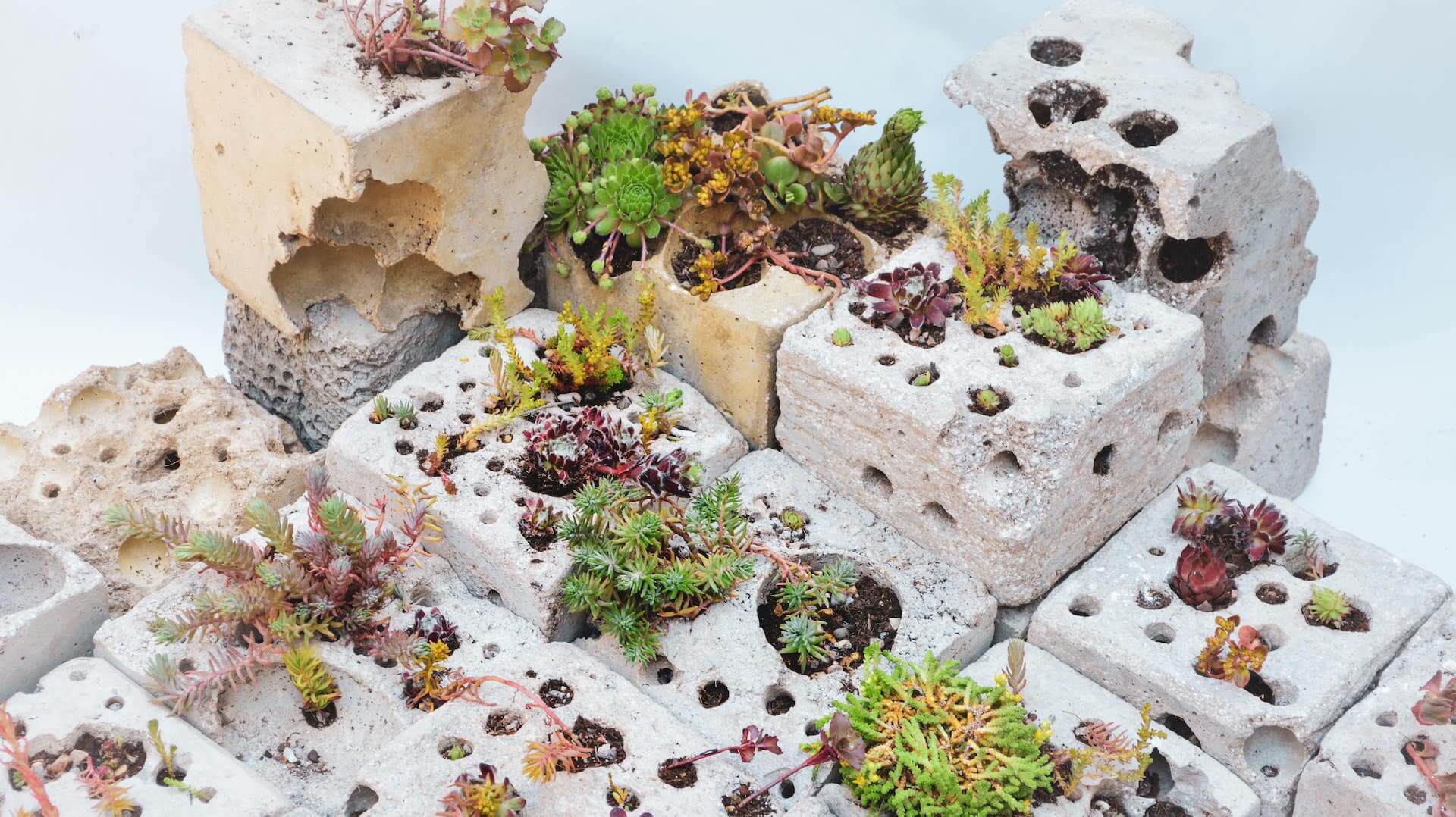
The London Design Festival ended on a high this September, with over 2,000 people filing through the glamorous high-tech Samsung space in King’s Cross to see GREEN GRADS, a platform for 33 graduates from classes 2020/21 from UK-wide Universities who brought an imaginative mix of “green” ideas, products, installations, and films as part of Planted, a wider four-day event promoting biophilia and sustainability
Show founder/curator Barbara Chandler (known for her long-running pages in the Evening Standard) had visited numerous universities during the summer, seeking out the “lost classes” of 20/21, only just released from their bedrooms to finish their degree. She saw so much talent she was determined to put on a London show, which Deborah Spencer, Planted’s director, generously hosted. Says Barbara: “Our graduates celebrated nature, through plants, materials, craft and pattern. They made forceful statements on the state of the planet. They had new sustainable and circular ideas for production, and a fresh take on saving energy and water, and for conserving or replacing scarce resources. They invented new eco-friendly materials, waged war on waste, and explored ways to make making local. Ambitious, engaging, informative and inspirational, GREEN GRADS was a clear pointer towards a cleaner, greener way to live.”
Industry professionals organising, hosting and supporting GREEN GRADS took no fees, but Barbara needed funds for an ambitious programme of Awards and events, for exhibition materials, and to support some graduates coming from far away with money for fares and in a few cases, hotels. She approached “some old friends” around the industry, and raised £4,000 in a couple of days. Paul Priestman said an immediate yes to her email, and then got a telephone call – “would he be a Komodo? King Komodo in fact?”
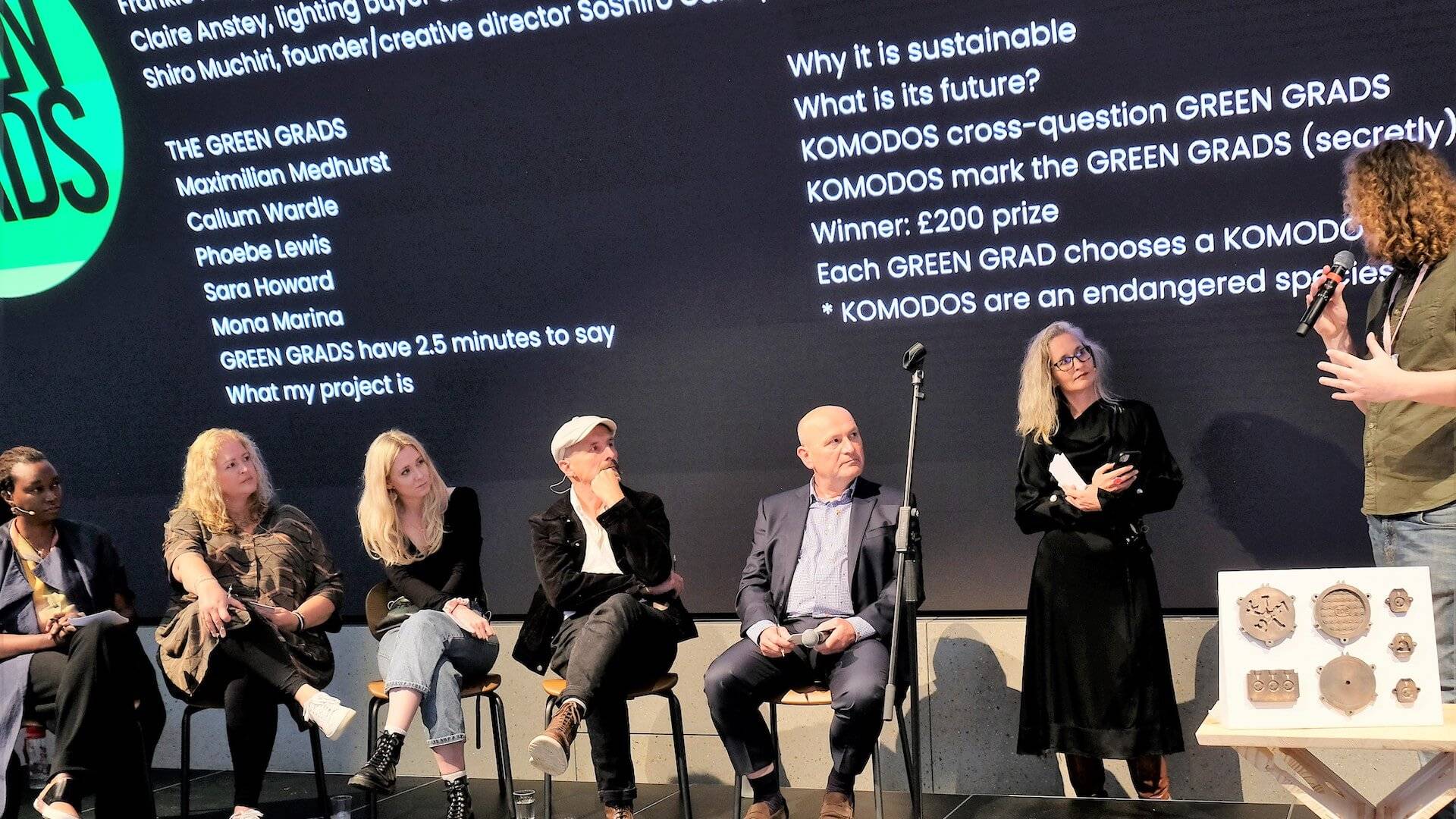
So what was that all about? Well, building on Deborah Spencer’s original idea, DESIGNERS DEN was a somewhat riotous event on the Saturday afternoon. It may have reminded you of a certain TV programme, but It had, however, its own distinctive format. Five Komodos (a Komodo is an endangered species of DRAGON lizard) listened carefully to “pitches” from five GREEN GRADS, who had just two-and-a-half-minutes to put over their project, to say “what it is, why it is sustainable, and what is its potential for the future.” They were cross-questioned by the Komodos, who also included fashion activist Frankie Phillips of the Rubbish Fashion Company, Heal’s lighting buyer Claire Manson, Shiro Muchiri, founder/creative director the SoShiro Gallery in the West End, and designer Nick Munro. Keeping everyone admirably in order was journalist Bethan Ryder.
The Komodos were merciless and finally chose Sara Howard, with her project of circular ceramics, as the winner. They asked how she would “monetise” her ideas – and were noticeably impressed when she said profit was not the object, rather to convert the ceramics industry to her waste-free ideas.
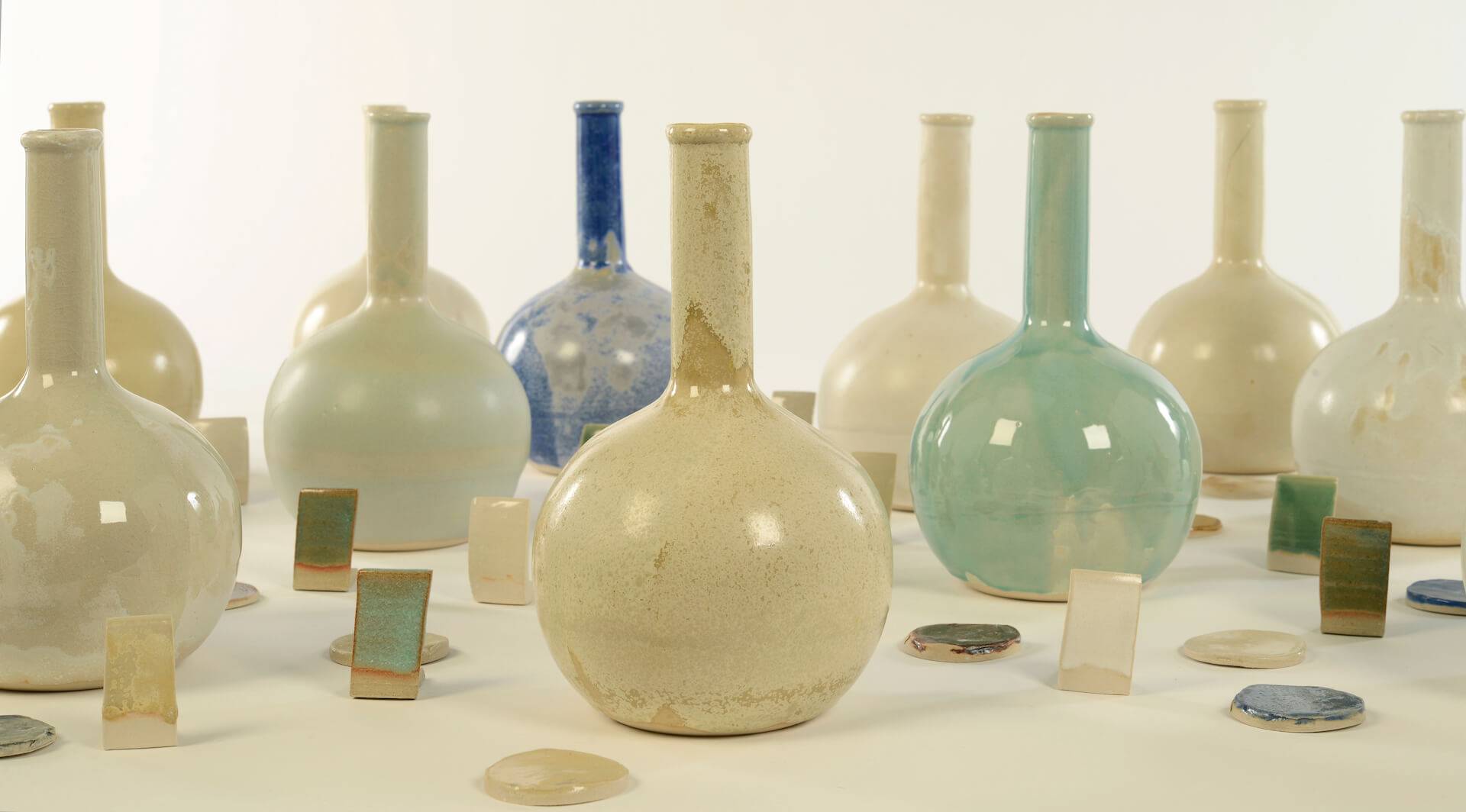
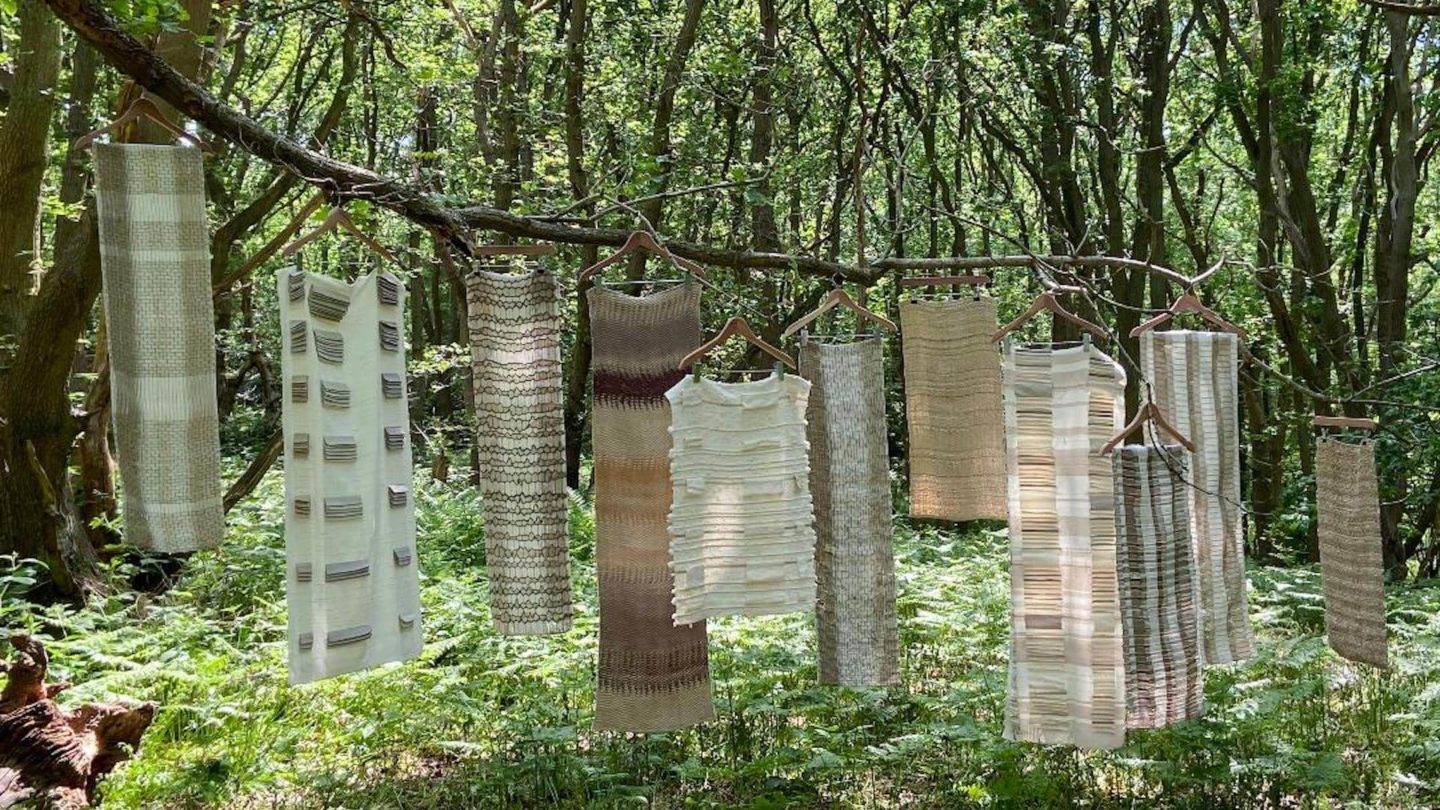
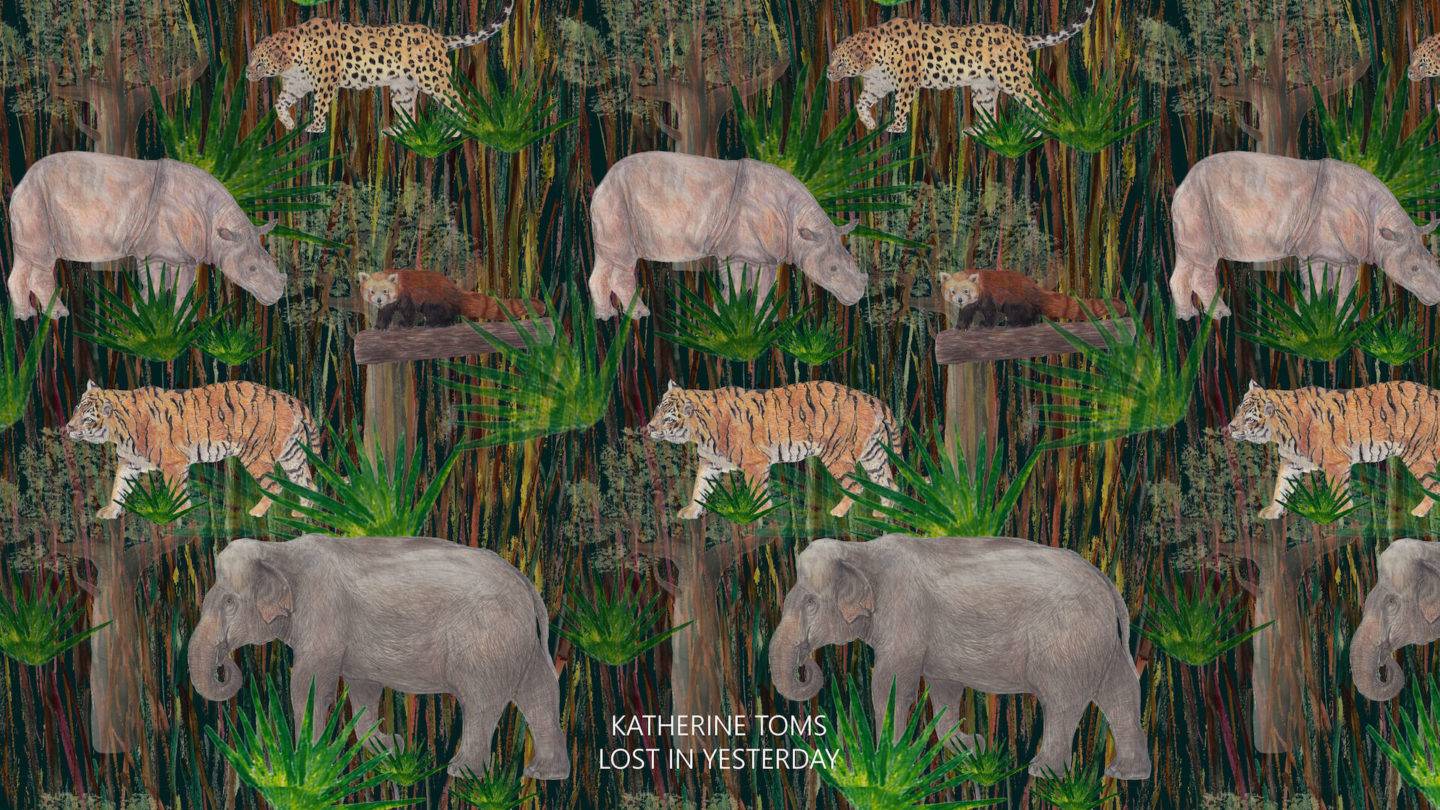
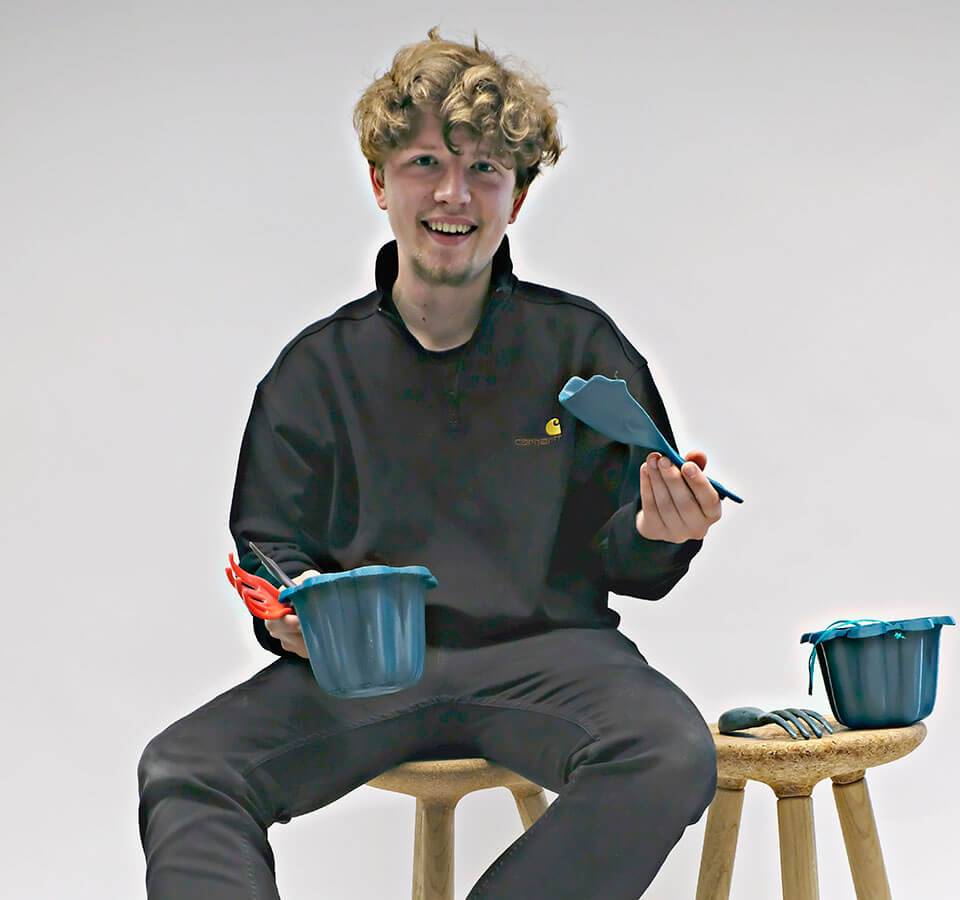
At the end of it all, the five GREEN GRADS each got to choose a champion, and Callum Wardle chose Paul, to further his project of Ocean Bucket which turns plastic beach waste into robust beach toys. Callum is thrilled to make the connection. He’s working now for a sustainable packaging start-up called Notpla, developing new materials in the ongoing fight against plastics
With Paul’s help, he’s developing a roadmap for his design. “They’ve done a lot of projects with recycled plastic so there are some exciting synergies there,” Callum said, adding that pitching at GREEN GRADS was a bit daunting. But he worked hard to make a condensed pitch – “which I practised on unsuspecting members of the public during the show…and at the end of it all, I got the Komodo I really wanted!”
Let Barbara’s exhibition partner, creative/show director Michael Czerwinski have the last word: “Ours was a brand new event delivered with little resource in the shadow of post pandemic uncertainty. What spurred on the event organisers and then caught the attention of sponsors, supporters and audiences is the certainty that this is not the time to be passive. A swathe of graduate designers had been left without a platform to announce their potential. And as the curated content in Green Grads demonstrated, their potential offers solutions to improve our lives and safeguard our planet. The success of Green Grads needs also to be measured by the high levels of generous support offered by design brands, individuals, educators and organisations. Sometimes this was pledges of money that facilitated the nuts and bolts of the project. But even more importantly the in-kind support brought to Green Grads vast levels of expertise and powerful endorsement. It is rare for a new venture to mature so quickly. In recent years it has also been rare for an event of this type to be driven by focussed vision, collaborative belief and rooted integrity. Surely there must be a connection here?”
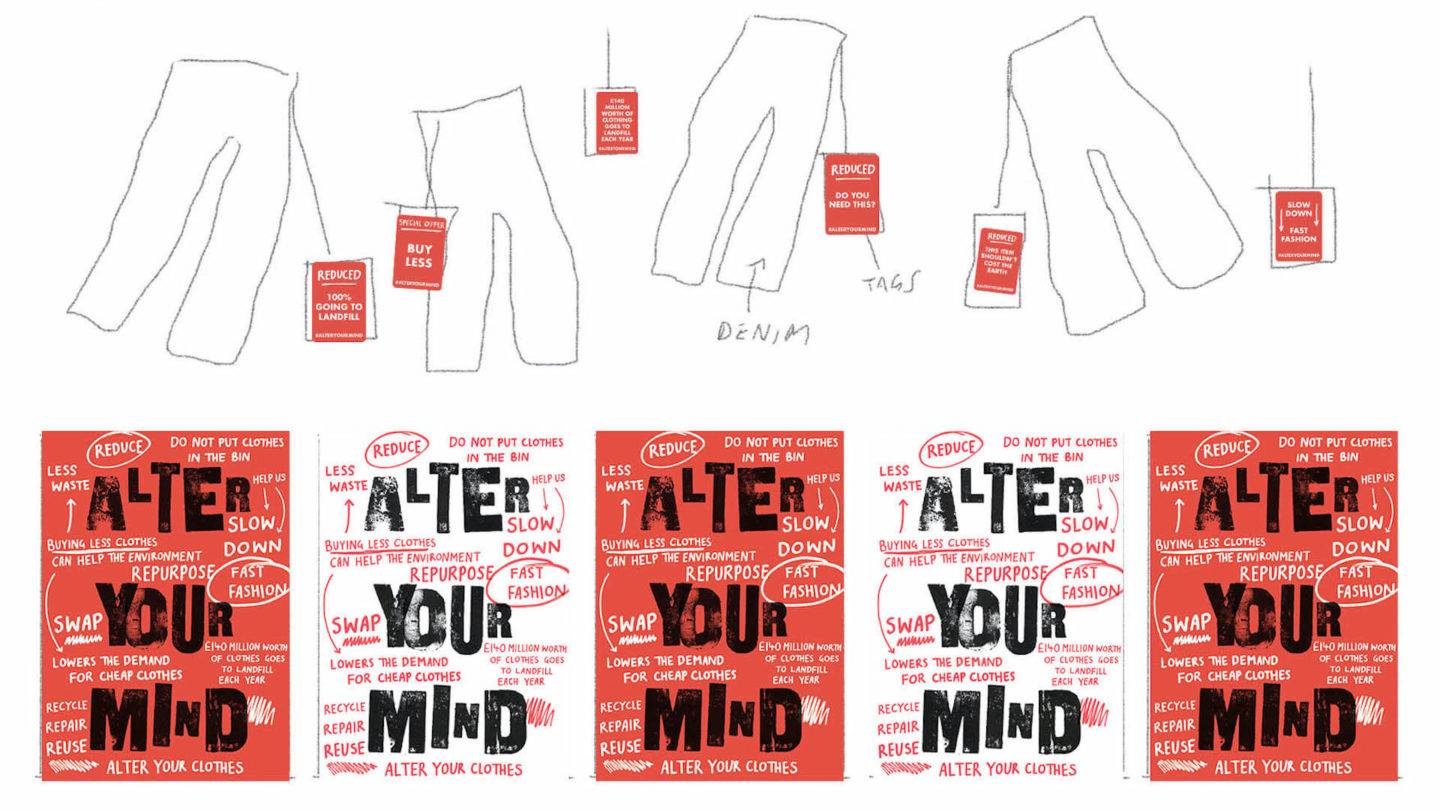
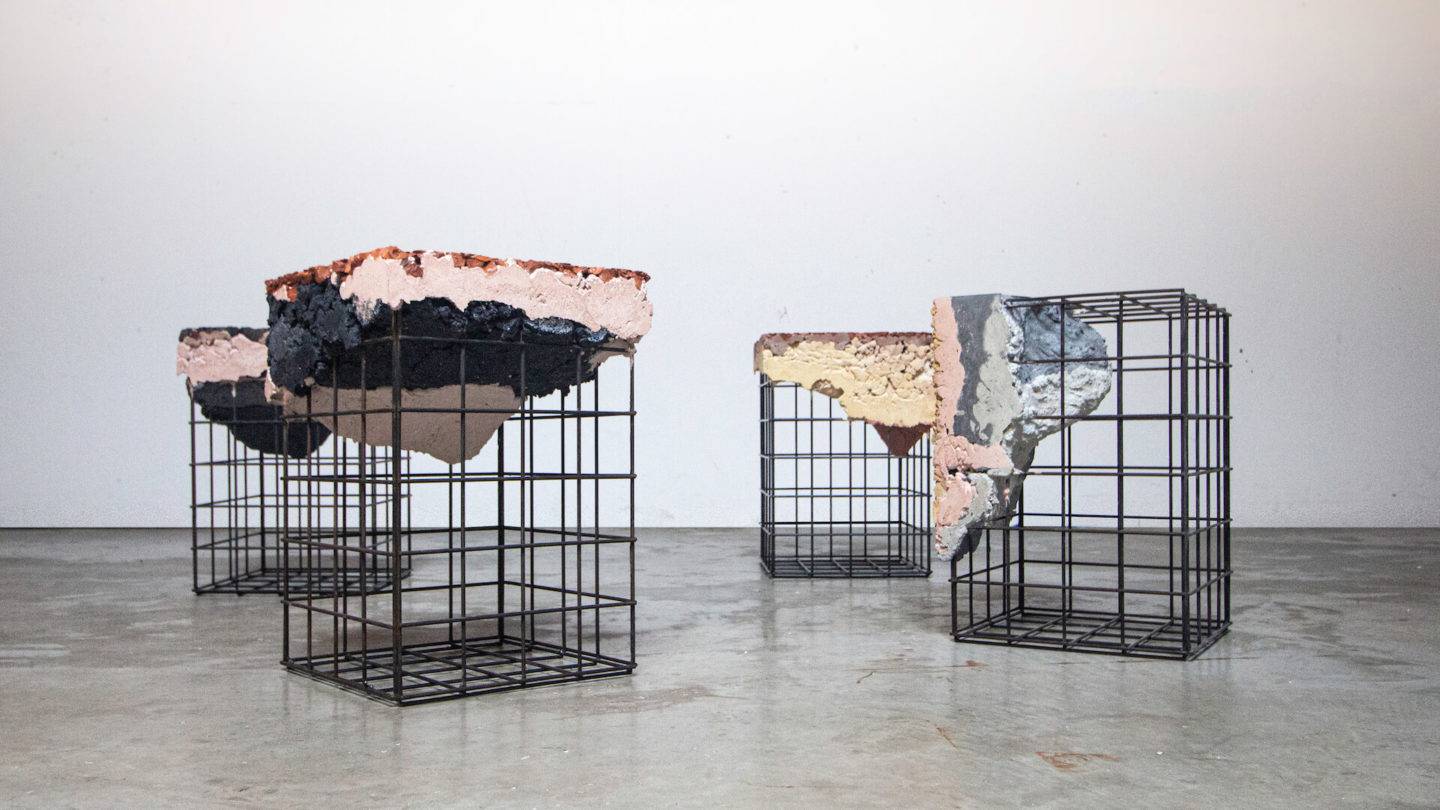
Images from top: ‘Green Blocks’ by Lawrence Parent; the Komodos during the Designers Den session; ceramic vessels by Ellie Perry; woven textiles by Georgie Apps; ‘Lost in Yesterday’ textile prints by Katherine Toms; designer Callum Wardle with his ‘Ocean Bucket’ collection of beach play items made from recycled ocean plastic; ‘Alter your Mind’ by Scarlett Riggs; stools made from waste material from the construction industry by Irene Roca Moracia.

